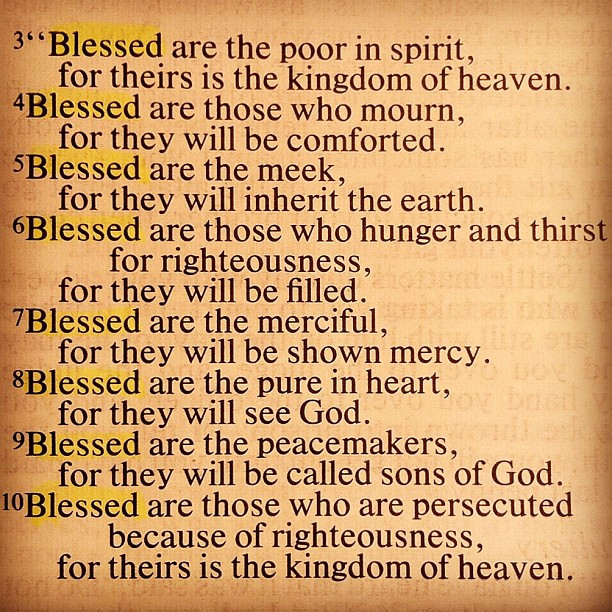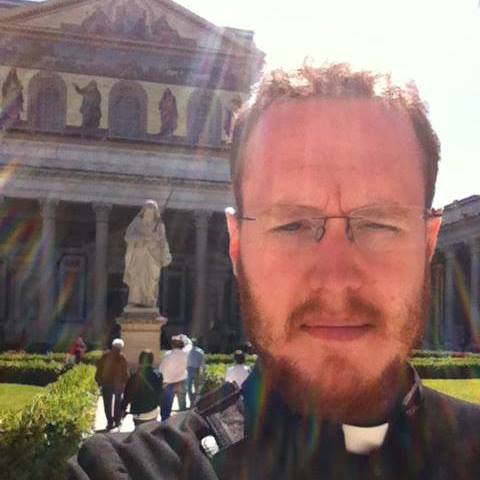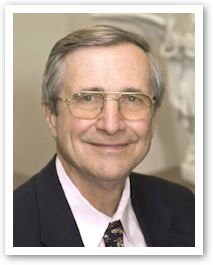
“Christians have long counted pride, aka, “the sin of Satan”, as a sin—indeed, the “original sin”, that generates every other and is the vital principle in each. C.S. Lewis speaks for many Christian moralists when he calls pride “the essential vice, the utmost evil.” He asserts that pride “is the complete anti-God state of mind” (Lewis, 1980, pp.121-22)
Pride is also the sin by which Satan fell. St. Augustine of Hippo (354-430 A.D.) wrote, “‘Pride is the commencement of all sin'(1) because it was this which overthrew the devil, from whom arose the origin of sin; and afterwards, when his malice and envy pursued man, who was yet standing in his uprightness, it subverted him in the same way in which he himself fell. For the serpent, in fact, only sought for the door of pride whereby to enter when he said, ‘Ye shall be as gods.'”(2), (also see Gen 3:5)
Pride finds pleasure only in what sets it apart. That is why William May calls pride “the sin of the first person singular, I.” Proud people not only put themselves before others, they separate themselves from others. And, firstly, THE Other. God is totally transcendent.
We can see, then, that pride is an assertion of the self that is both irreligious and antisocial. The actual form pride takes will vary from
person to person. In general, however, we may say that the “genus” pride appears in three “species”: vanity, conceit, and arrogance. Pride goeth before THE Fall. (Gen 3)
This sort of self-assertion is incompatible with a true knowledge of God. As C. S. Lewis explains, “In God you come up against something which is in every respect immeasurably superior to yourself. Unless you know God as that—and, therefore, know yourself as nothing in comparison—you do not know God at all.” Of course, the proud are ready to admit theoretically that they are nothing before God, but they “are really all the time imagining how He approves of them and thinks them far better than ordinary people.” (Lewis, 1980, p. 124). Be it ever so religious, pride alienates humans from God. Vice decays wherever virtue flourishes. One should attack pride by cultivating humility, not striving to be co-equal with God, not striving to know (as in the biblical “know”, for biblically to “know” the name of something is to have power over it, as in Ex 3:14 “I AM WHO AM”, or as in Adam, whom God gave the power to name God’s other creatures, Gen 2:20, which is why demons are loathe to identify themselves in exorcisms), or desire to know, and therefore define, good from evil, as did Adam and Eve in eating of the fruit of the Tree of Knowledge of Good and Evil, Gen 3:5, as God had forbidden them, Gen 2:16-17. Is pride a “deadly sin”? Yes. Vanity, conceit, and arrogance disrupt and disorder individual lives, families, and communities.
Original sin, the absence of holiness and original justice, by which Adam and Eve enjoyed the preternatural gifts, which included infused science, or knowledge without learning, the gift of integrity allowing his passions to freely follow reason, and the absence of bodily suffering and death, is the fallen state, or condition, of man’s nature owing to an absence of sanctifying grace, the grace that makes the soul pleasing to God and able to live with Him in Heaven, in his soul at conception. It was caused by Adam and Eve’s first personal sin, which involved pride in wanting to be like God and disobedience. Adam, who was created in the state of original justice, immediately lost sanctifying grace by his first sin. All people, being his bodily descendants, are consequently conceived without God’s sanctifying presence in their souls, through no personal, actual fault of their own.
Therefore, mankind is subject to ignorance, suffering and the dominion of death, and inclined to sin – an inclination to evil that is called concupiscence, defects that include a darkened intellect, making learning arduous; a will tainted with malice, inclining it to choose sin; and unruly passions ever ready to rebel against reason. Baptism, by imparting the life of Christ’s grace, erases original sin and turns man back towards God, but the consequences for man’s nature, weakened and inclined to evil, persist in man and summon him to spiritual battle. (cf CCC 405)
You won’t find the phrase “original sin” in the Bible. The story of humanity’s “fall” in Genesis 3 doesn’t use the term, and St. Paul, one of the church’s earliest theologians, only hints at it in places. After the first century the early church fathers started to define it, but those in the East and West took different approaches.
Both groups acknowledged that sin had entered the world through Adam and Eve’s disobedience to God’s command, but the Eastern fathers did not think guilt for that sin was passed on; rather, human beings in subsequent generations imitated their first ancestors’ misbehavior. The Western fathers, however, believed sin was passed on like a hereditary disease of the soul (thus the emphasis on baptism erasing the inherited “contagion of death,” to use St. Cyprian of Carthage’s phrase).
Saints Irenaeus and Augustine illustrate these two perspectives. For Irenaeus the disobedience of the first parents was rather like the actions of a child who didn’t know better. Augustine, however, thought the first sin had resulted from a very conscious, adult decision that actually damaged human nature and was passed on through procreation.
Irenaeus, Bishop of Lyon, (130-202 AD) first alluded to the concept of original sin in the 2nd century in his controversy with certain dualist Gnostics. Augustine, Bishop of Hippo, (354-430 AD) also shaped and developed the doctrine, seeing it as based on the New Testament teaching of St Paul the Apostle (Romans 5:12–21 and 1 Corinthians 15:21-22) and the Old Testament verse of Psalms 51:5.
But a question remained: Why did the possibility of sin enter the world in the first place? Irenaeus thought the turning away of Adam and Eve from God resulted from their immaturity and weakness. Augustine saw the source in a fatal flaw in human nature: pride. For him pride meant the capacity to exercise free will to choose to try to live without God—to see yourself only in reference to yourself, not to God, and to have a sense of false autonomy that you forget you are created.
Through the Middle Ages and after the Reformation, Catholic theology began to emphasize another aspect of the doctrine of original sin: the absence of “sanctifying grace,” the indwelling spirit that brought the inner harmony.
Augustine’s formulation of original sin after 412 AD was popular among Protestant reformers, such as Martin Luther and John Calvin, who equated original sin with concupiscence (or “hurtful desire”, the inclination to sin), affirming that it persisted even after baptism and completely destroyed freedom to do good. Catholic doctrine holds before the fall of Adam & Eve there existed, in contraposition, a state of Original Justice, in which no concupiscence existed. Before 412 AD, Augustine said that free will was weakened but not destroyed by original sin, the Catholic doctrine. But after 412 AD Augustine proposed that original sin involved a loss of free will except to sin, which the Catholic Church has rejected as doctrine. Modern Augustinian Calvinism, and indeed Protestantism holds this later view. The Jansenist movement, a Catholic heresy, which the Catholic Church declared heretical from 1653, also maintained that original sin destroyed freedom of will.
Love & His salvation,
Matthew
1. Augustine is here quoting from Ecclesiasticus 10:12-13, “The beginning of pride is when one departs from God, and his heart is turned away from his Maker. For pride is the beginning of sin, and he that has it shall pour out abomination…”
2. Philip Schaff, ed., A Select Library of the Nicene and Post-nicene Fathers of the Christian Church, Volume 5 St. Augustin: Anti-pelagian Writings, chapter 33.



















